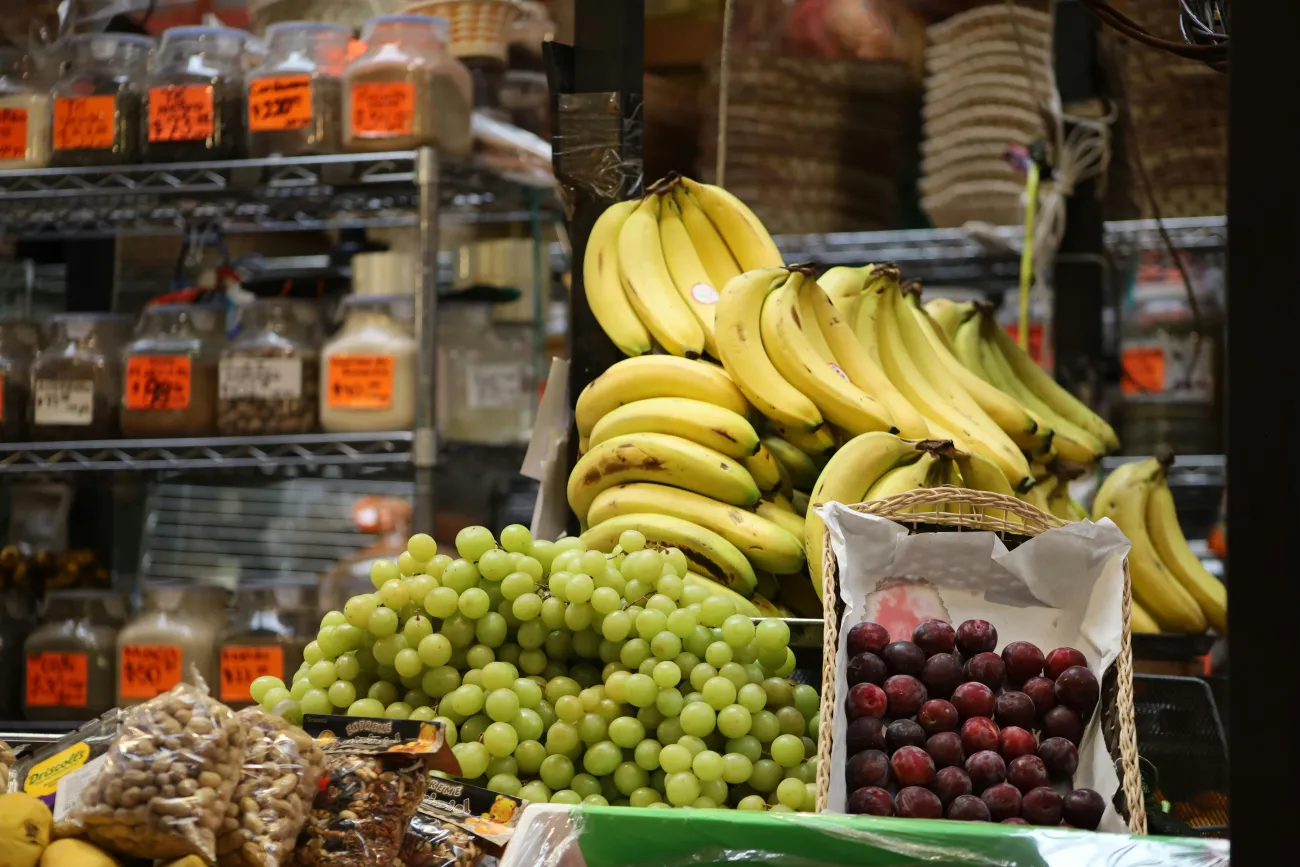This paper co-authored by Table member Toni Meier quantifies the levels, environmental impacts and reduction potential of food waste produced in the business, healthcare and hospitality food service subsectors in Germany. It finds that significant waste reductions could be achieved within one year, with the greatest potential reduction of 17% being found in the healthcare subsector.

Abstract
Background: As the reduction of food wastage remains one of our most critical challenges, we quantified the environmental impacts of food losses in the food-service sector in Germany, with a particular focus on the subsectors of business, healthcare and hospitality. Methods: Using the food-waste data of 7 catering companies, 1545 measurement days and 489,185 served meals during two 4–6 week monitoring periods, a life-cycle assessment (LCA) according to ISO standard 14040/44 was conducted. Within the LCA, the carbon, water (blue) and land footprints, and the ecological scarcity in terms of eco-points, were calculated. Results: We show that the waste generated in the food-service sector in Germany is responsible for greenhouse gas emissions of 4.9 million tons CO2-equivalents (CO2e), a water use of 103,057 m3 and a land demand of 322,838 ha, equating to a total of 278 billion eco-points per year. Subsector-specifically, in hospitality catering: 1 kg of food waste accounts for 3.4 kg CO2e, 61.1 L water and 2.6 m2 land (208 eco-points); in healthcare: 2.9 kg CO2e, 48.4 L and 1.9 m2 land (150 eco-points); and in business: 2.3 kg CO2e, 72 L water and 1.0–1.4 m2 land (109–141 eco-points). Meal-specifically, the environmental footprints vary between 1.5 and 8.0 kg CO2e, 23.2–226.1 L water and 0.3–7.1 m2 per kg food waste. Conclusions: If robust food waste management schemes are implemented in the near future and take the waste-reduction potential in the food-service sector into account, Target 12.3 of the United Nation’s Sustainable Development Goals—which calls for halving food waste by 2030—is within reach.
Reference
Meier, T., von Borstel, T., Welte, B., Hogan, B., M Finn, S., Bonaventura, M., Friedrich, S., Weber, K. and Dräger de Teran, T., 2021. Food Waste in Healthcare, Business and Hospitality Catering: Composition, Environmental Impacts and Reduction Potential on Company and National Levels. Sustainability, 13(6), p.3288.
Read the full paper here. See also the Table explainer What is food loss and food waste?




Comments (0)